Explore all movies appearances
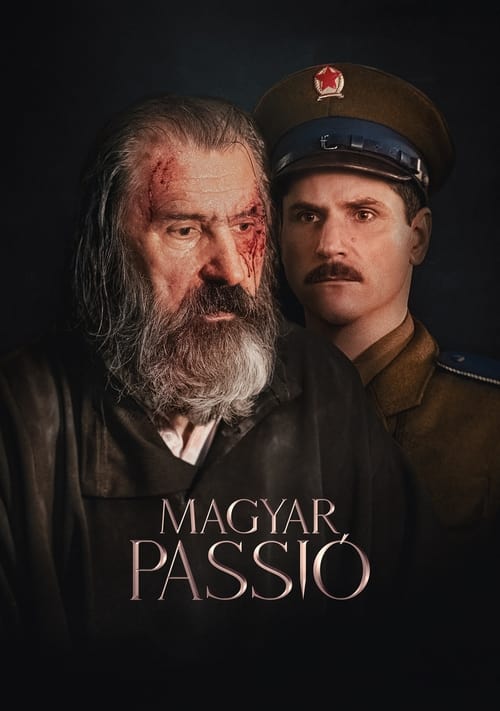
The film, taking place in 1950, presents the story of Father Leopold and the monks of his order struggling to once again revive Christianity in a country trying to scrape itself together after the war. Initially, the communist powers do not hinder their work, and the Church was even able to regain possession of holy objects hidden during the war. This "peaceful" state does not last long. Father Leopold is arrested on trumped up charges, and in order to break him, he is subjected to cruel torture. His former student, Lieutenant Keller, who turned his back on religion and now believes in the socialist system, is appointed - upon the command of Major Fyodorov - to extract a confession of guilt. But the Father's perseverance and resistance changes everything.
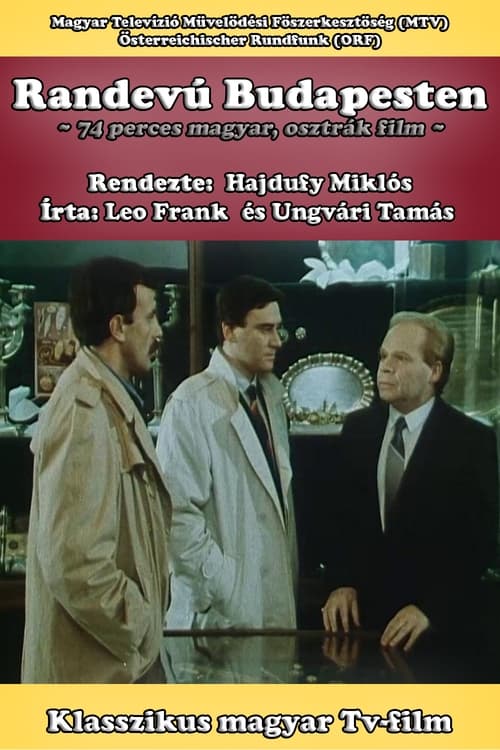
No plot available for this movie.
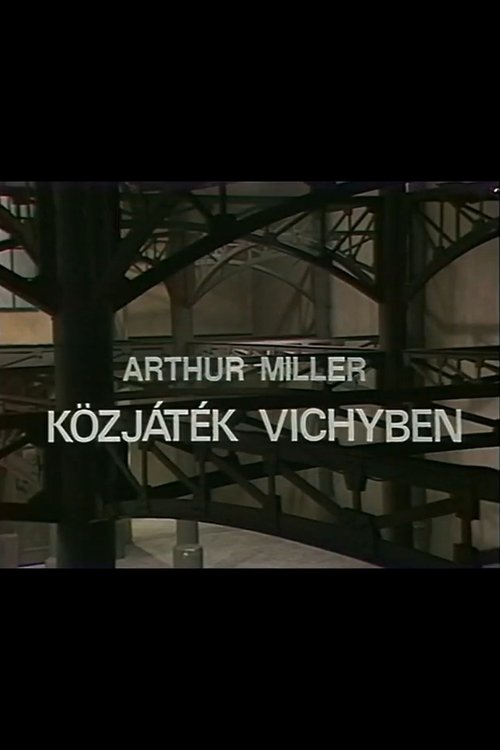
In the streets of Vichy, France, during World War II, the Germans apprehend nine men and a boy. Among them are a painter, a businessman, an electrician, a waiter, an army doctor, an actor, a prince, a gypsy, and a Jew. Confined without explanation, they can only speculate about their fate.
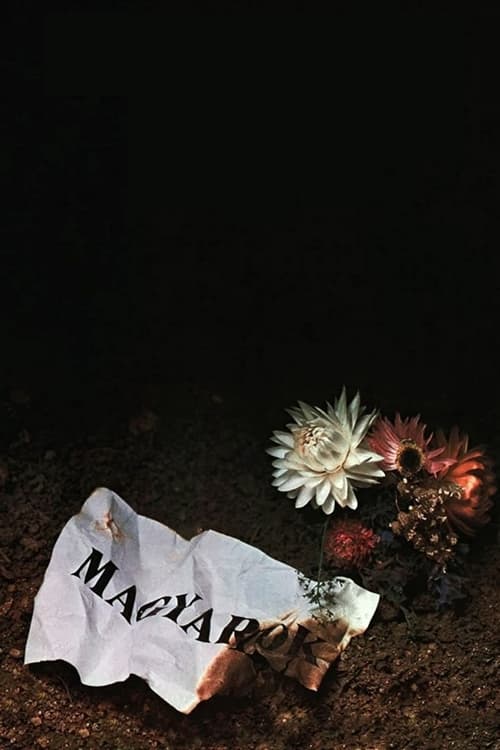
A group of landless Hungarian peasants accept work as migrant-laborers on a farm in northern Germany where the wages are good, and the wives and family are allowed to accompany them. Though it is in the midst of World War II, they are relatively well-off. However, they glimpse the treatment accorded to POWs and others who are not so gently treated, and at the conclusion of the year's harvest, they choose to return to Hungary and are quickly swept up in the tides of war. This film is part of a series of films by award-winning, well-respected director Zoltan Fabri who devoted much time and effort chronicling the struggle against fascism.
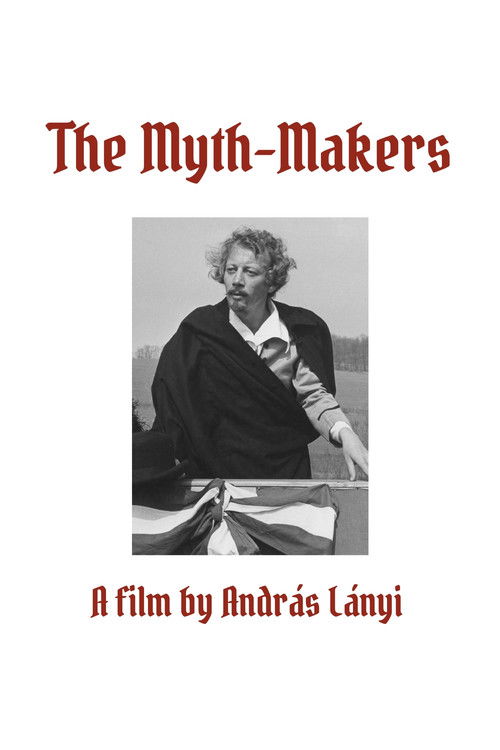
Eighteen years after the failure of the revolution and freedom fighting 1848-49, the politicians of Hungary preparing for a compromise with Austria try to make use of the symbol of the revolution, the figure of the poet Petőfi Sándor, to their own advantage. They visit all the memorial sites, find the witnesses and recall the famous events. Memories and political intentions conflict with each other, and the circumstances of the poet's death cannot be reconstructed entirely.

The scene is Ukraine. In 1943, after the Hungarian' defeat at the river Don, soldier Balogh decides to visit his family.
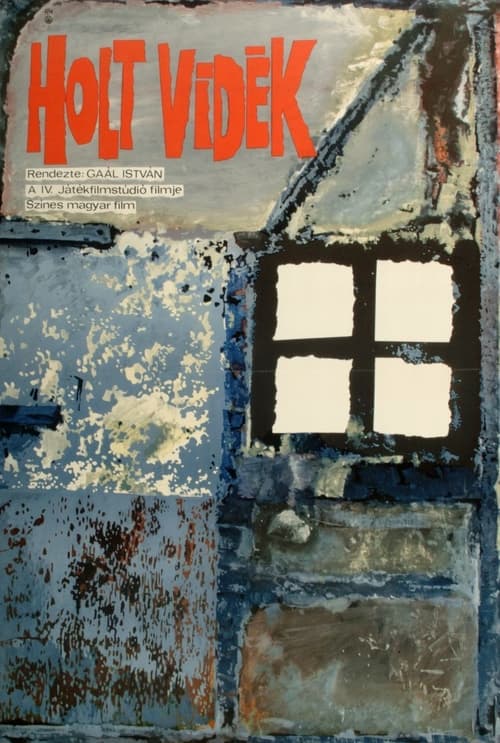
This Hungarian film chronicles the slow deterioration in the life of Juli, a farmer's wife. As the countryside grows ever more deserted because people are moving to towns or large collective farms, she spends more and more time alone. Despite her best efforts to appreciate her situation, her despair grows. The loneliness is briefly interrupted when she and her husband take in an old woman and care for her, but the woman dies. Shortly after her son visits, she is killed in an accident which may have been a suicide. ~ Clarke Fountain, Rovi

Allegory of the suppression of the 1919 revolution and the advent of fascism in Hungary; in the countryside, a unit of the revolutionary army spares the life of father Vargha, a fanatical priest. He comes back and leads massacres. A new force, represented by Feher, apparently avenges the people, but only to impose a different, more refined and effective kind of repression.
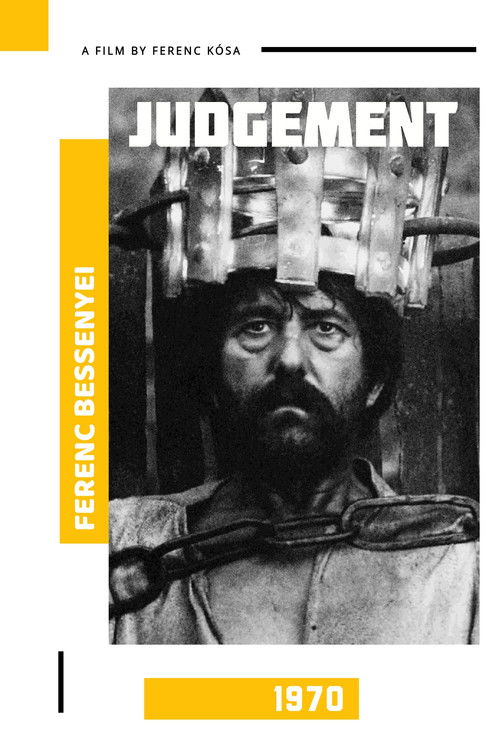
The film is a historic parable about the topicality of revolution. 1514. The peasants' uprising is over, Dózsa has been arrested. Werbőczy tries to get the imprisoned peasant leader deny the revolution and offers him the lives of his people in exchange.
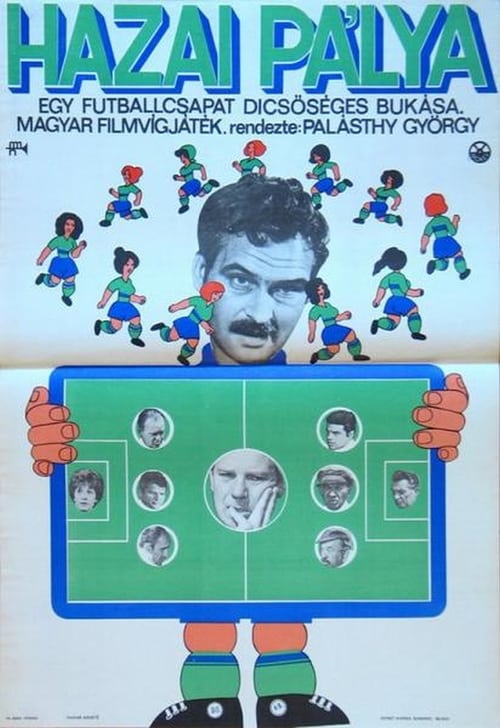
This ironic comedy is set in the god-forsaken Kiskúnbékás, at the end of the fifties. There are no jobs, the town's "golden team", who once were third class national soccer players have scattered
Subscribe for exclusive insights on movies, TV shows, and games! Get top picks, fascinating facts, in-depth analysis, and more delivered straight to your inbox.